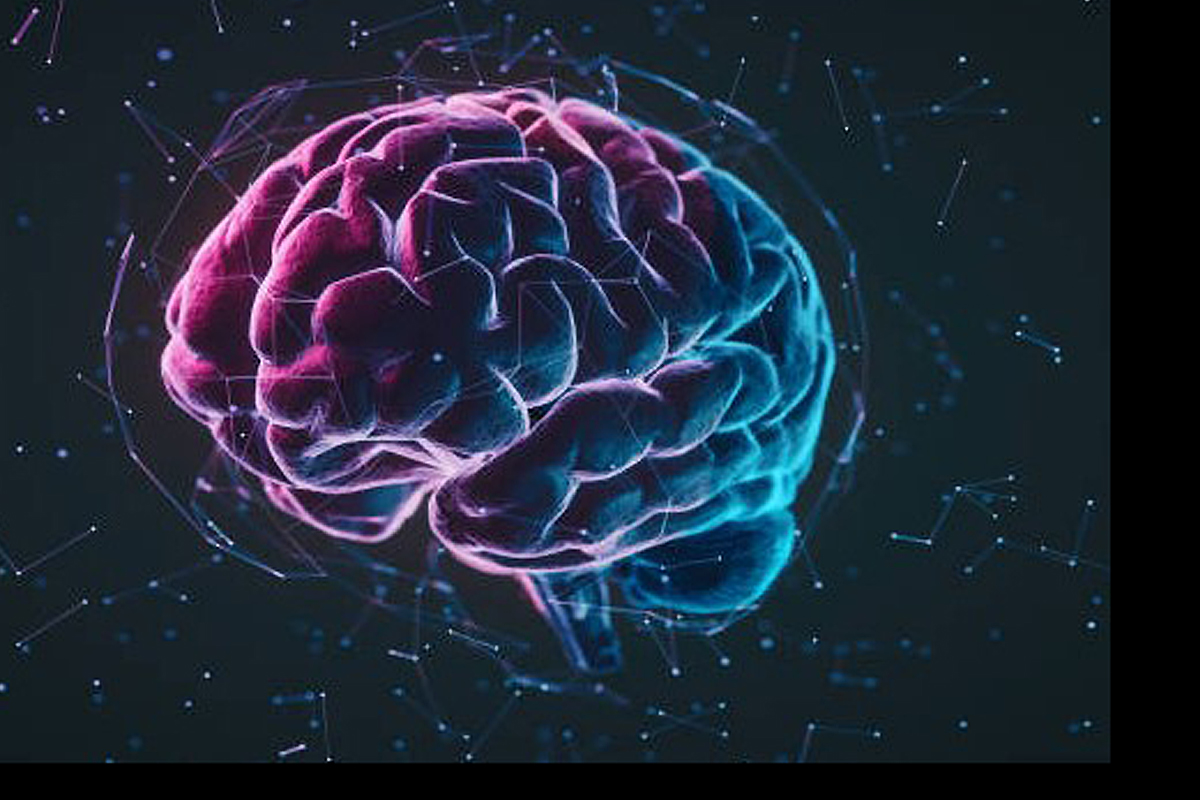
Three researchers from the Rady Faculty of Health Sciences have been honoured with prestigious grants from Brain Canada’s Future Leaders in Canadian Brain Research program.
Dr. Robert Beattie, Dr. Kaarina Kowalec, and Dr. Paul Marcogliese each received $100,000 to advance their groundbreaking research in brain health.
This year, Brain Canada’s Future Leaders program awarded a total of $2.1 million to 21 emerging scientists nationwide, with three of those grants going to researchers from the University of Manitoba (UM).
“Research at Rady Faculty of Health Sciences stands out for its commitment to innovation, interdisciplinary collaboration and community impact,” said Dr. Peter Nickerson, vice-provost (health sciences) and dean, Rady Faculty of Health Sciences. “We’re thrilled to see Drs. Beattie, Kowalec and Marcogliese honoured with these Future Leaders grants. Their work is at the forefront of brain research, and this recognition not only celebrates their achievements but also underscores the groundbreaking research happening here at the University of Manitoba.”
Dr. Robert Beattie
Beattie, an assistant professor of biochemistry and medical genetics, is working to unravel the mysteries of Rett syndrome, a severe neurodevelopmental disorder that primarily affects girls. “We will use advanced genetic and cellular techniques, similar to using a magnifying glass to closely examine each piece of a puzzle,” said Beattie.
“Just as completing sections of a puzzle gradually reveals the bigger picture, this grant may help us uncover new, personalized treatment options for those affected. The insights gained could also illuminate the mechanisms underlying other neurological disorders, suggesting that solving this intricate puzzle might help unlock mysteries of brain diseases more broadly.”
Dr. Kaarina Kowalec
Kowalec, who is an assistant professor in the College of Pharmacy, is focusing on brain atrophy and cognitive reserve in multiple sclerosis (MS). Kowalec’s project examines how genetic factors, particularly polygenic scores, impact brain health and cognitive decline in people with MS.
“Understanding the role of genetic factors in cognitive reserve can transform how we predict and treat MS,” Kowalec said. “This research has the potential to lead to more tailored and effective treatments, ultimately enhancing patient care.”
Dr. Paul Marcogliese
Marcogliese, an assistant professor of biochemistry and medical genetics, is investigating the IRF2BPL gene, which is linked to severe brain disorders like NEDAMSS and autism spectrum disorder (ASD). “Our goal is to uncover how changes in the IRF2BPL gene affect brain function and development,” Marcogliese said. “This grant will help us map out potential new targets for treatments, offering hope for those affected by these challenging conditions.”
ANNETTE ELVERS
college of pharmacy, Dr. Kaarina Kowalec, Dr. Paul Marcogliese, Dr. Robert Beattie, Max Rady College of Medicine, Research and International
It’s been an exciting year of generational change across the Rady Faculty, with approval of a new College of Community and Global Health, expansion in all of our programs, and the construction of a new multi-purpose building on the Bannatyne campus.
Dr. Anastasia Kelekis-Cholakis, Dr. Lavern Vercaigne, Dr. Netha Dyck, Dr. Peter Nickerson, Dr. Reg Urbanowski, holidays, Rady Faculty of Health Sciences
Six Winnipeg middle schools or high schools have received brand-new lab equipment – a gift designed to spark curiosity and provide students with high-quality tools to explore the world of science.
Max Rady College of Medicine, Rady Faculty of Health Sciences
Funding to drive breakthroughs in precision medicine, tackling cancer, neurological disorders, and therapy resistance.
Dr. Galen Wright, Dr. Mark Nachtigal, Dr. Sachin Katyal, Dr. Tanveer Sharif, Max Rady College of Medicine, Rady Faculty of Health Sciences
View All Stories
© University of Manitoba • Winnipeg, Manitoba • Canada • R3T 2N2
Emergency: 204-474-9341

Recent Comments